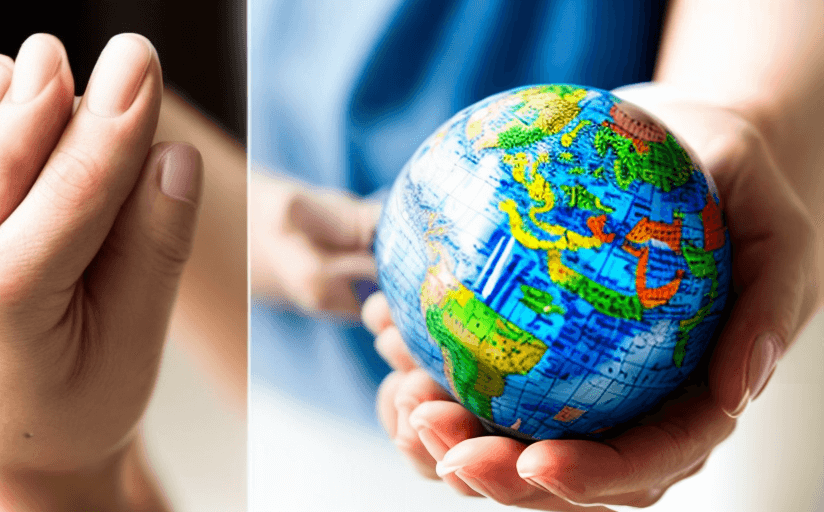Vaccination: Personal Choice or Global Responsibility
The topic of whether vaccination should be viewed as a personal decision or a global responsibility has caused ripples of debate in recent times. The crux of the matter, pinned to the interplay between individual rights and communal well-being, throws up numerous questions. Should we be compelled to get vaccinated for the greater society? Or, should this decision be left to individual discretion, keeping in mind personal beliefs and rights?
Herd Immunity and Its Role
Herd immunity is a fundamental aspect of this discussion. Herd immunity occurs when a large segment of a community becomes immune to a disease, making the spread of disease from person to person unlikely. As a result, the whole community becomes protected - not just those who are immune.
Ethical Considerations of the Debate
The ethics of vaccination are two-fold. On one hand, it’s argued that individuals have the right to decide what happens to their bodies. On the other hand, there's a growing sentiment that refusing a vaccine compromises the health of others, particularly those who are vulnerable. This tension between personal rights and public health underlines ethical dilemmas tied to the issue of vaccination.
Consequences of Choosing Not to Get Vaccinated
Opting out of vaccination doesn't only impact the individual making the choice. Unvaccinated individuals pose a health risk to others, particularly the immunocompromised, who can’t receive vaccines for medical reasons. Globally, vaccine hesitancy contributes to the resurgence of diseases previously controlled or eradicated by immunization.
Legal Implications
The legal aspects of this topic are complex. Some countries have mandatory vaccination laws, while others follow a more lenient, recommendation-oriented approach. However, with the unfolding of the global Covid-19 pandemic, there has been an upswing in discourse around tightening vaccination laws.
Reviewing Policies Across the Globe
Policy responses to vaccination vary widely across the world, shaped by a country's historical, socio-cultural, and political context. Some countries show a strong correlation between strict vaccination laws and high immunization coverage. In contrast, others demonstrate that maintaining high immunization rates does not necessarily require mandatory vaccination laws.
Striking the balance between respecting individual autonomy and securing public health is a global challenge. Weighing the scientific evidence, ethical considerations, and the potential implications – both legal and health-related – of the decision to vaccinate, it's crucial that discourse remains open, respectful, and informed by facts. By doing so, we can foster a more comprehensive understanding of the intricate relationship between personal freedom and public health.
















Comments
Leave a Comment